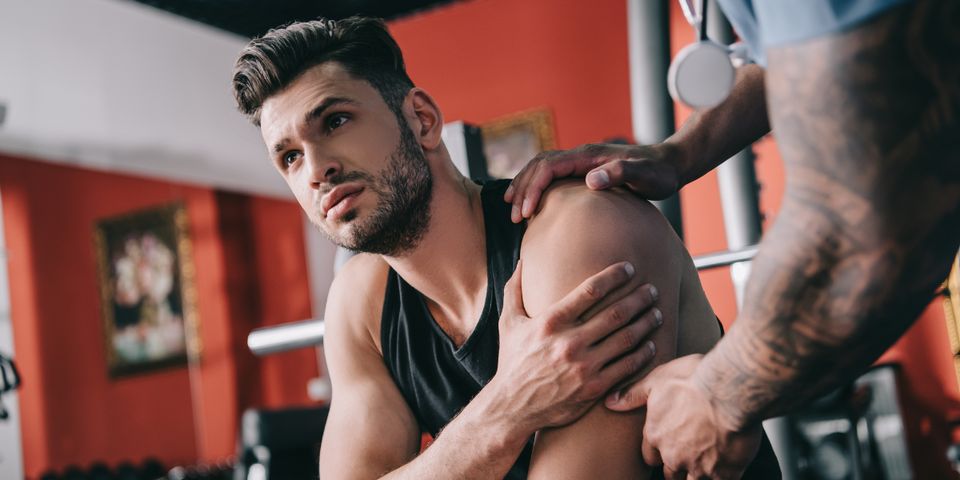A Guide to Rotator Cuff Surgery

The rotator cuff is a collection of muscles and tendons in the shoulder that enables overhead movement of your arm. Injuries to this area can be acute, meaning they happen suddenly, or they can develop over time due to repeated use. Whether you're an active individual or have a strenuous job, you're probably no stranger to shoulder pain. When pain persists and conservative treatments are unsuccessful, your primary care physician may recommend rotator cuff repair surgery.
When Is Rotator Cuff Repair Necessary?
Upon experiencing shoulder issues, your doctor will most likely recommend treatments like rest, physical therapy, and over-the-counter pain medications. If these treatments fail to produce positive results, surgery is usually the next best option. A surgical procedure may also be recommended if pain has persisted for six months or longer. More substantial injuries, such as a sizable muscle tear measuring 1 inch or bigger, can also result in surgery.
How Does the Procedure Work?

There are two common surgical options when dealing with shoulder pain and dysfunction. Arthroscopic procedures involve use of an arthroscope, which is a tubular device that has a camera attached to it. Surgeons access the damaged shoulder tissues via small incisions, through which the camera and special surgical tools are inserted. There's also open repair, which is used to address more substantial injuries or when there's a need for tissue grafting, including tendon replacement.
How Should You Prepare?
Your doctor will provide instructions, which must be followed to the letter. You'll be asked about your health history, family background, and current medication regimen, which allows the medical team to develop a safe and effective treatment strategy. In general, patients are typically asked to stop eating and drinking about eight hours prior to the surgery. You'll also need to have someone accompany you to the doctor's office, as you'll be given a sedative that may cause drowsiness.
The primary care physicians at Affinity Health Group - Oliver Road Complex know how frustrating shoulder pain can be. That's why their orthopedics department is equipped to handle all sorts of injuries, from simple strains to ligament tears and chronic conditions. Along with their medical skills, you'll also be impressed by the kind and courteous demeanor offered by their health care team. Schedule an appointment with a primary care physician in Monroe, LA, by calling (318) 807-4900. You can also learn more about your orthopedics options by visiting the website.
About the Business
Have a question? Ask the experts!
Send your question

